Baku. 15 May. REPORT.AZ/ At the initiative of , the tour to "Ateshgah" was organized.
Report informs that a touring program of journalists, foreign guests and local visitors was dedicated to the International Museum Day on May 18.
Baku Ateshgah "Fire Temple" is an ancient Hindu castle-like religious temple, a suburb of greater Baku, Azerbaijan which was initially recognized as a Zoroastrian fire worship place. "Atash" is the Persian word for fire.The pentagonal complex, which has a courtyard surrounded by cells for monks and a tetrapillar-altar in the middle, was built during the 17th and 18th centuries. It was abandoned after 1883 when oil and gas plants were established in the vicinity, ending the flow of natural gas to the temple and extinguishing the holy fire.
The Baku Ateshgah was a pilgrimage and philosophical centers of fire worshipers from Multan (now located in Pakistan), who were involved in trade with the Caspian area via the famous "Grand Trunk Road". The four holy elements of their belief were: ateshi (fire), badi (air), abi (water), and heki (earth). The temple ceased to be a place of worship after 1883 with the installation of petroleum plants (industry) at Surakhany. The complex was turned into a museum in 1975. The annual number of visitors to the museum is 15,000.
The Temple of Fire "Ateshgah" was nominated for the List of World Heritage Sites, UNESCO in 1998 by Gulnara Mehmandarova, president of Azerbaijan Committee of ICOMOS-International Council on Monuments and Sites. It was also featured on an episode of Globe Trekker.
It was declared a state historical-architectural reserve by decree of the President of Azerbaijan on 19 December 2007.
Report presents photos of "Ateshgah".
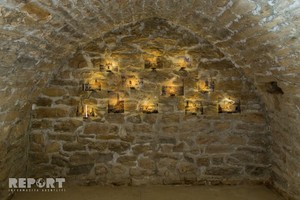
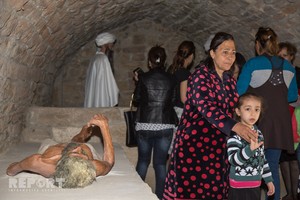
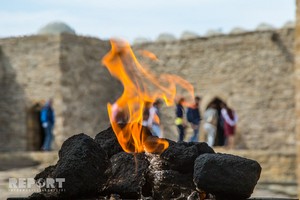
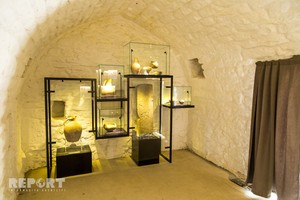
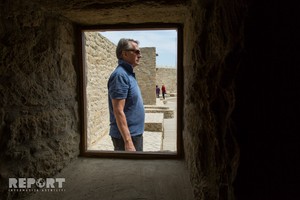
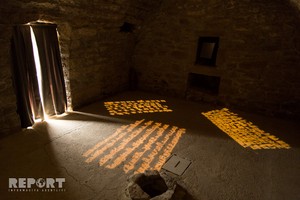
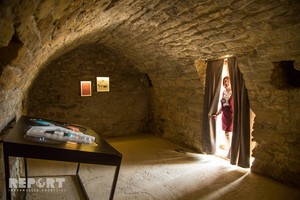
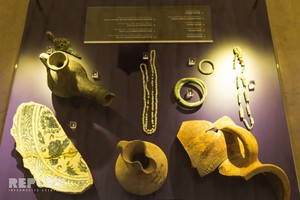
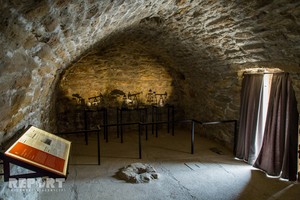
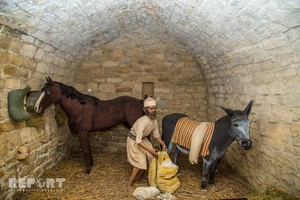
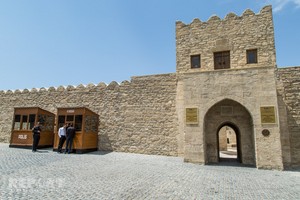
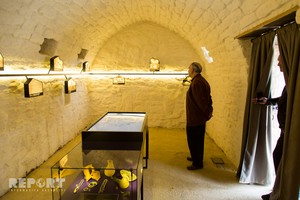
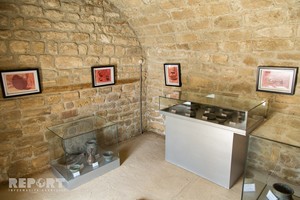
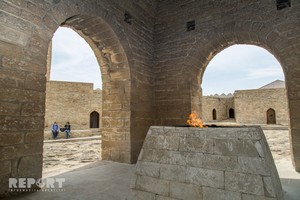
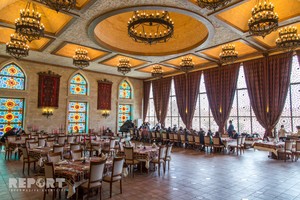
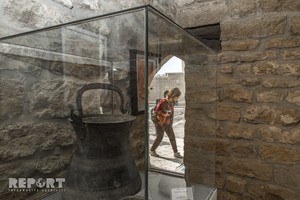

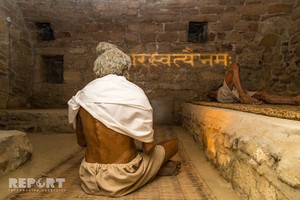
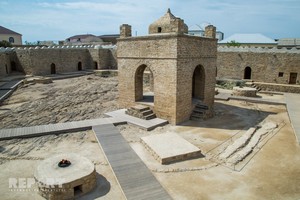
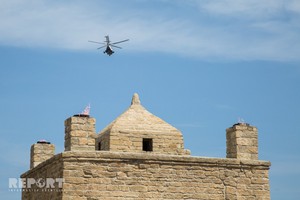


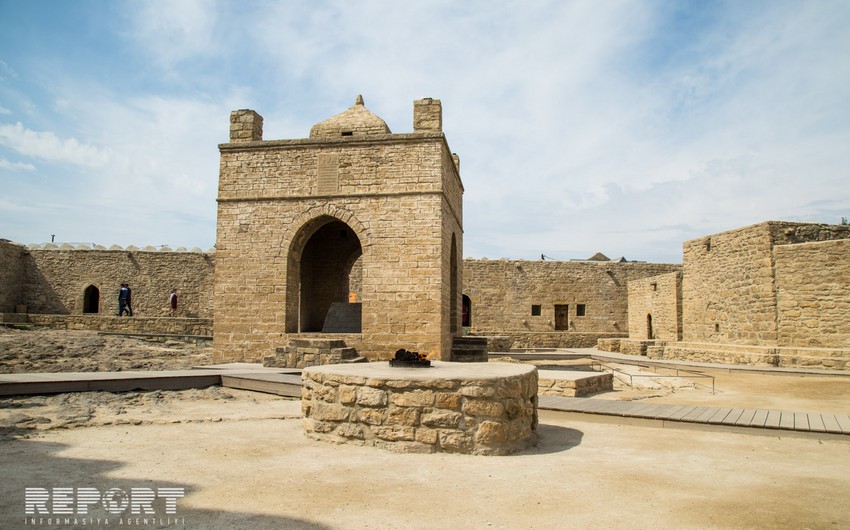 https://static.report.az/photo/a5a805f3-b847-46bf-bba2-44f1ffa597be.jpg
https://static.report.az/photo/a5a805f3-b847-46bf-bba2-44f1ffa597be.jpg

